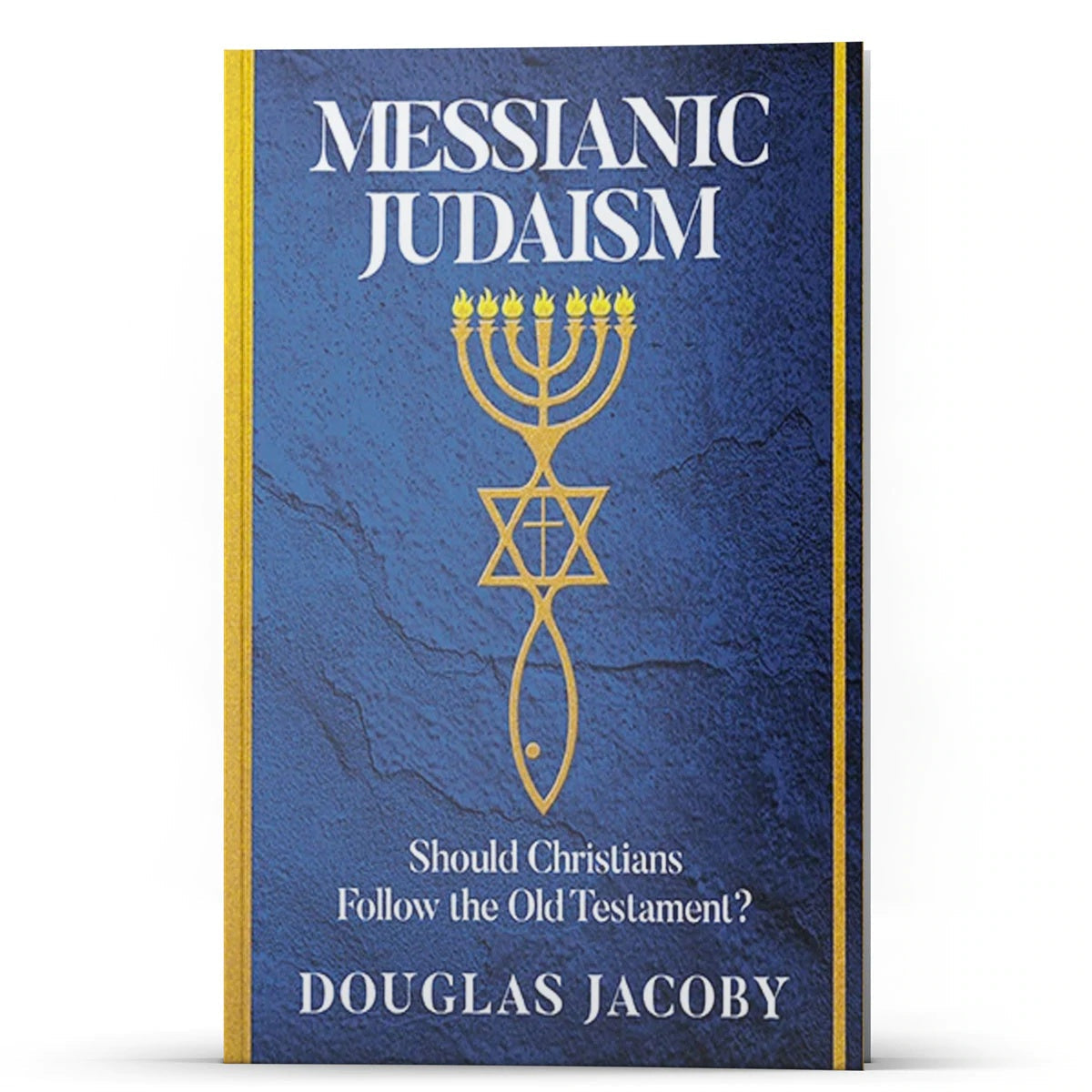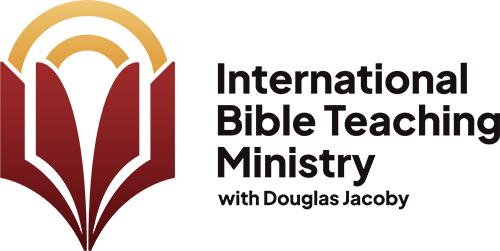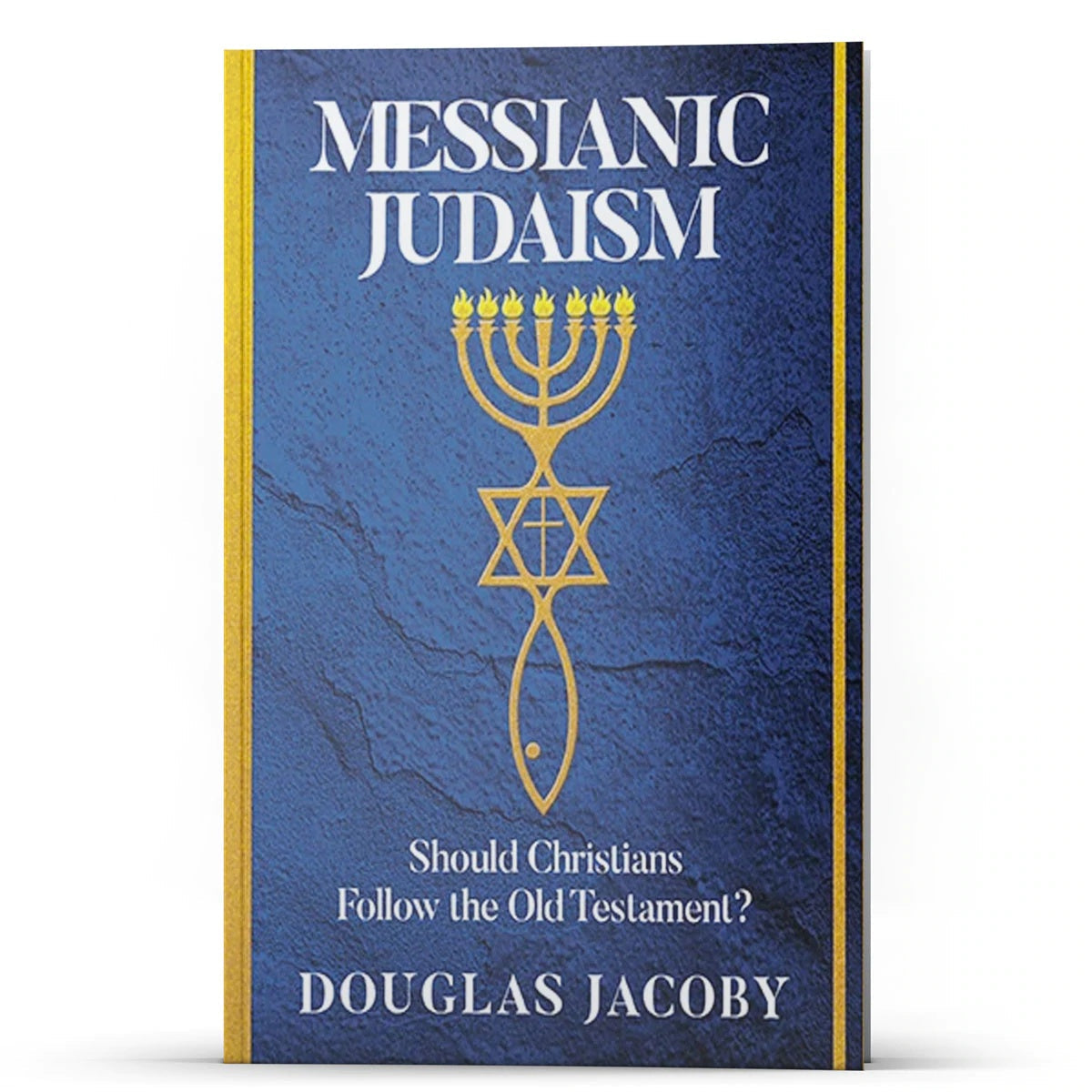Messianic Judaism: Should Christians Follow the OT?
Messianic Judaism: Should Christians Follow the OT?
Couldn't load pickup availability
A relatively new religious movement has grown to over 200,000 members in the US and 20,000 in Israel. This collective group proclaims that Christians must embrace the Jewish characteristics of the early church, particularly the Torah (the Law of Moses).
The Messianic Jews, or Messianics as they are also called, aim to keep the Sabbath, observe the Jewish festivals, use Hebrew and Aramaic words, and call their leaders rabbi. They lament that few believers study the Old Testament even though Christians claim that both testaments are the word of God.
They rightly deny the common Protestant claims that the Old Testament law was the root of legalism, is opposed to grace, or that it does not reflect God’s character. At the same time, they also accept the New Testament and Christ as the Messiah. In this way, Messianics view themselves as the enlightened bridge between Evangelical Christianity and the Jews. In this book, Douglas Jacoby addresses:
- The Roots of Messianic Judaism
- Messianic Jewish Terminology
- Is Torah Really for Today?
- Jesus Fulfilled the Law
- Is the Old Covenant Still in Effect?
- Are Israel Still God’s People?
- The Rejection of Israel
- Will All Israel Be Saved in the End Times?
- The Sabbath Circumcision, Keeping Kosher and the Temple
- Romans, Galatians, the Jew-Gentile Controversy and “the Israel of God”
You may not find full endorsement of everything about Messianic Judaism here, but you will at least find a fair and thorough treatment of the issues with lots of scripture from both testaments and plenty of fuel for further discussion.
Share

Douglas Jacoby is thorough and thoughtful throughout this book, offering a careful and engaging exploration of Scripture. He clearly explains how the Old Law is not abolished but fulfilled, guiding the reader through biblical texts with insight and clarity. His approach encourages deeper understanding and reflection, making the book both informative and spiritually enriching.
I'm happy you appreciated the book, Brad. A nice review always makes an author feel good. :-) The book I'm working on now, with colleague Paul Copan, is FROM MYTHS TO MEANING. It is being published by Intervarsity, probably in Spring 2027.
We should learn fm the OT but focus primarily on the NT & JC.
It’s important in life to study history so that we don’t repeat past mistakes.
I enjoy reading about Biblical issues, and also listening to podcasts and watching videos on the same. Over the last several years I've noticed a growing trend: theology that attempts to bind Jewish laws, customs and practices on the Christian, or in particular, the Jewish Christian. Dr. Jacoby addresses this significant trend in a very helpful, patient, and methodical way, yet the book is not a slow read. He gets right to the issues, offering clear Biblical perspective to help his readers to think analytically about the related trends and concepts. And because his subject matter deals with law and grace, he writes a portion of this book to explain how the Old Testament Law transitions to the New Testament covenant of grace. His explanation and guidance through the Scriptures on how we are no longer under Law but grace now is the BEST job I've ever read or heard. And the author strikes an excellent balance between the academic approach and the "common man" approach, making the issues plain but not over-simplified. He gets a lot done in a short book.

